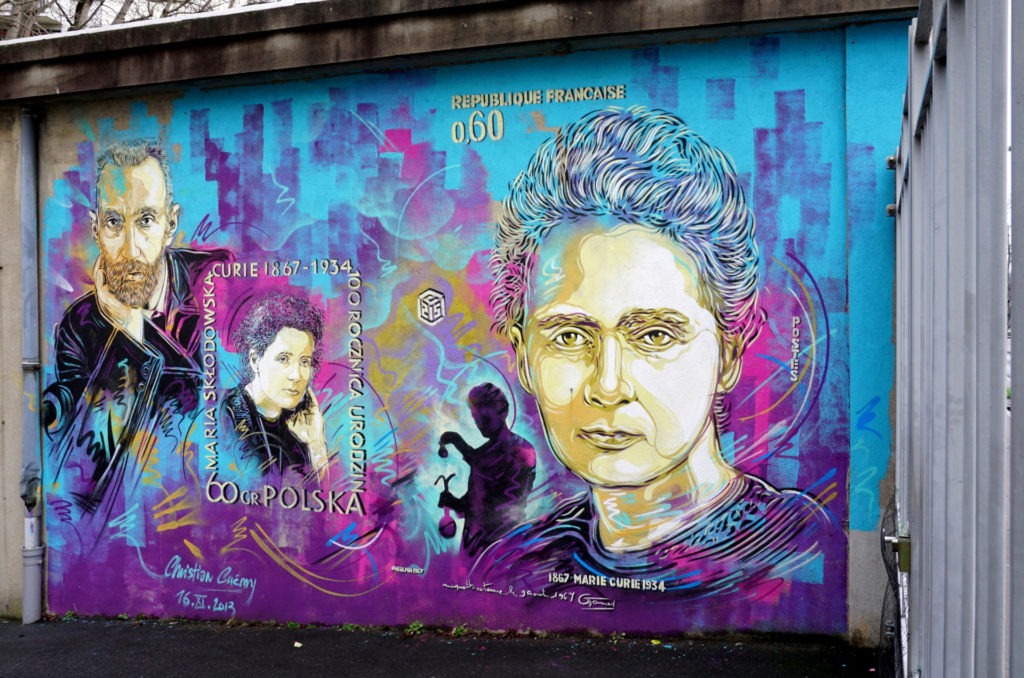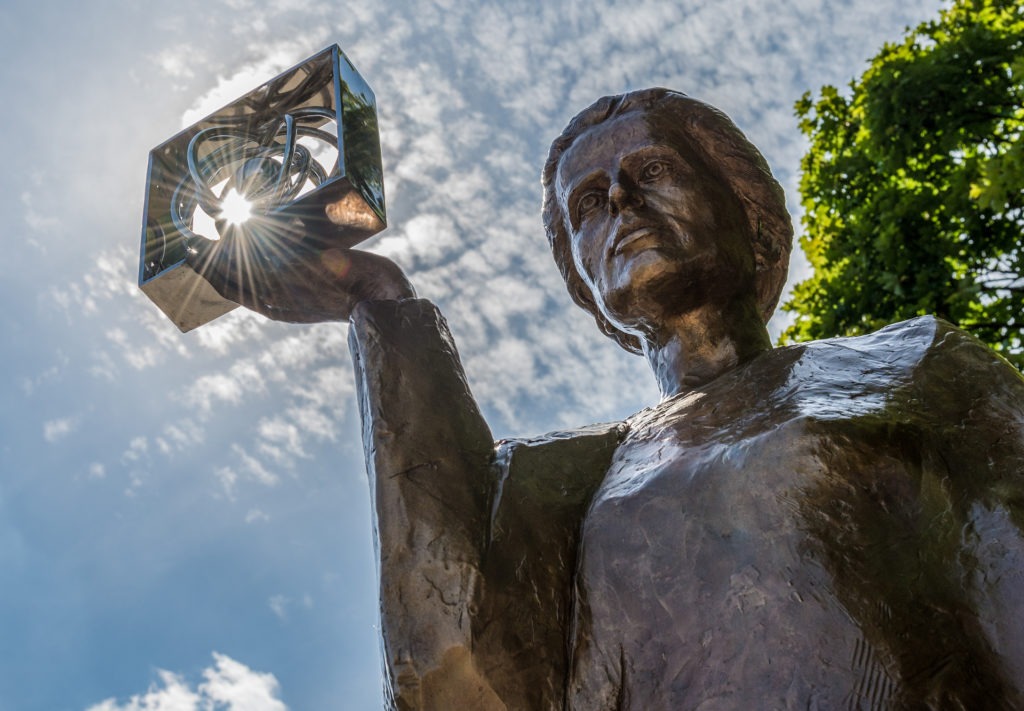The Positive Disintegration of Maria Sklodowska Curie, Part II: Autonomous Growth
In this deep dive into the dynamisms of Dabrowski’s level IV in Marie Curie’s life, Krystyna Laycraft shows us just what the third factor is all about.

Krystyna C. Laycraft holds a MSc in theoretical physics from the University of Warsaw and a PhD in education from the University of Calgary. She is a certified coach practitioner and professional member of the Canadian Counselling and Psychotherapy Association. Krystyna offers assistance to troubled and gifted adolescents and young adults and helps them to achieve their potential. She delivers seminars and workshops that include topics related to their psychological development.

In this deep dive into the dynamisms of Dabrowski’s level IV in Marie Curie’s life, Krystyna Laycraft shows us just what the third factor is all about.

You surely know all about the scientific accomplishments of Madame Curie. But did you know that her childhood was teeming with the intensity a fellow Polish scientist would dub “overexcitability?”

How does creativity contribute to adolescents’ psychosocial growth? Here Krystyna Laycraft shares her doctoral research on the subject and shows why the theory of positive disintegration is particularly relevant to the highly creative.

Krystyna Laycraft tells the story of founding a school in Poland after the collapse of Communism, showcasing the role of individual choices within meaningful relationships.

Emotion fuels our decisions; our decisions, in turn, mark the points in our lives that put us on the higher path. So argues Krystyna Laycraft as she reflects on her own inner psychic transformation while deciding to return to Poland after the fall of Communism.

Krystyna C. Laycraft brings her training in physics and psychology together to show how chaos theory and the theory of positive disintegration are essentially talking about the same process.